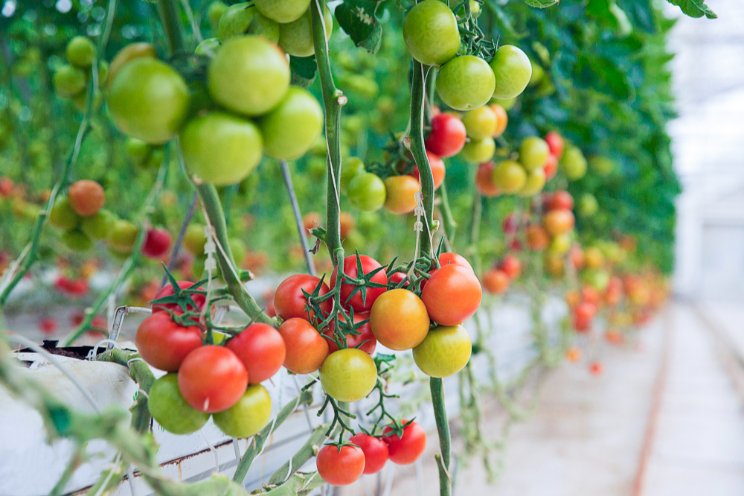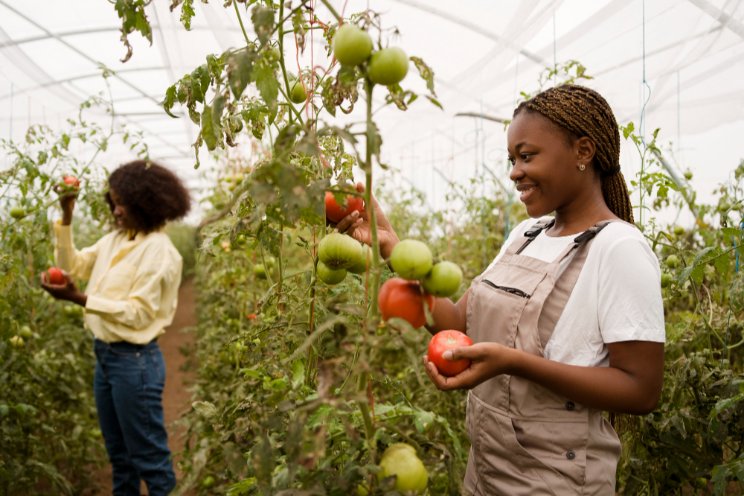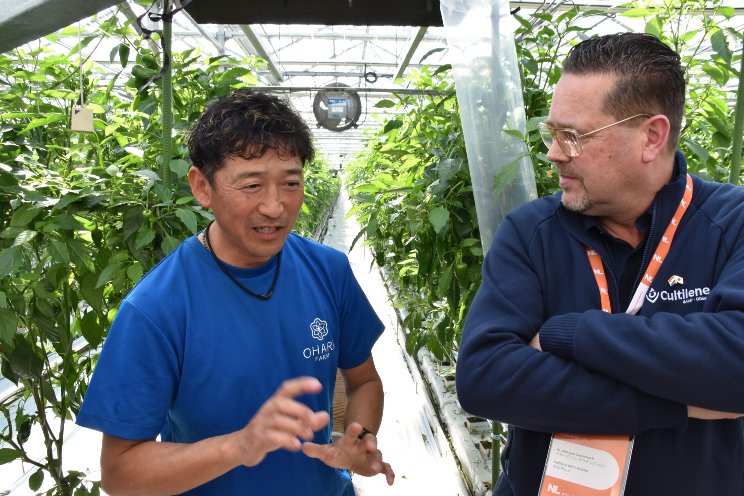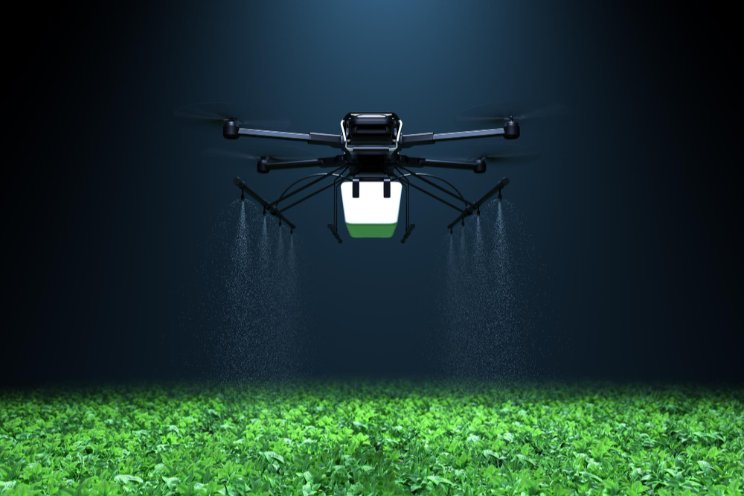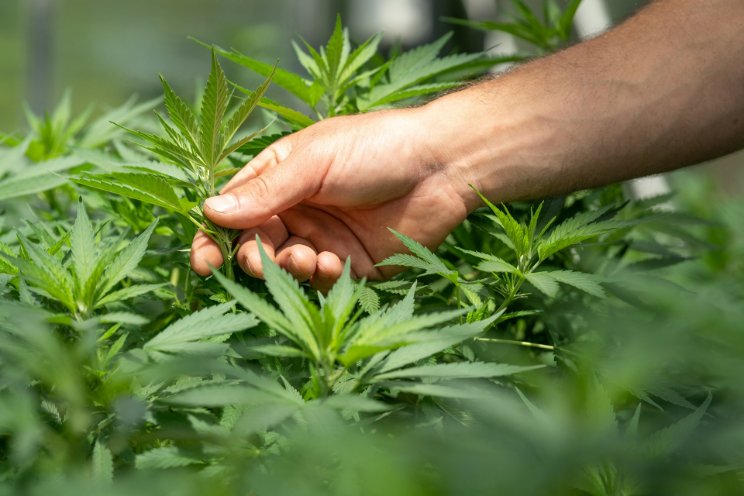Educating the UK government on biopesticides
Added on 27 September 2024

1. The Core Purpose of Biopesticides
Fundamental Principle: Biopesticides, derived from natural substances like microorganisms, plants, and minerals, offer a safer, sustainable alternative to synthetic pesticides. They control pests by leveraging nature’s mechanisms rather than relying on toxic chemicals.
Current Reality: The agriculture sector has traditionally depended on synthetic pesticides. However, growing concerns about pest resistance, environmental degradation, and health risks call for an urgent shift toward safer alternatives.
2. The Problem We Aim to Solve
Fundamental Principle: The long-term use of synthetic pesticides has caused significant challenges:
- Pest Resistance: Over time, insect pests have evolved resistance to synthetic chemicals, making them less effective and requiring higher doses or new compounds.
- Environmental Harm: Chemical pesticides often contaminate soil, water, and non-target species, leading to biodiversity loss and disrupting ecosystems.
- Human Health Risks: Exposure to synthetic pesticides has been associated with serious health risks, including cancers, reproductive issues, and developmental disorders in children.
The Biopesticide Solution:
- Resistance Mitigation: Unlike synthetic pesticides that often use a single mode of action, biopesticides employ diverse, naturally evolved methods, making it harder for pests to develop resistance.
- Environmental Protection: Biopesticides decompose naturally, leaving no harmful residues, thus safeguarding ecosystems and biodiversity.
- Health Safety: Biopesticides are less toxic to humans and animals, reducing health risks to farm workers, consumers, and surrounding communities.
Supporting Data:
- According to the US Environmental Protection Agency (EPA), biopesticides pose significantly lower risks to human health and the environment than synthetic alternatives.
- The European Commission reported that resistance to synthetic pesticides has already affected 600 pest species worldwide, emphasising the need for safer, alternative solutions like biopesticides.
3. Barriers to Biopesticide Adoption in the UK
Fundamental Principle: Despite the benefits, the adoption of biopesticides in the UK has been slow due to several barriers:
- Regulatory Challenges: Biopesticides are often subjected to the same approval processes as synthetic chemicals despite their lower risk profiles, leading to delays and high costs for bringing these products to market.
- Awareness Gaps: Many farmers, policymakers, and consumers lack adequate knowledge of the benefits biopesticides offer, particularly regarding safety and long-term efficacy.
- Market Dominance: Corporations that produce synthetic pesticides largely control the agricultural chemicals market. These corporations have the greater financial power to influence policy and farmer behaviour.
Proposed Solutions:
- Regulatory Reform: A science-based regulatory framework is essential to accelerate the adoption of biopesticides. By streamlining the approval process, the UK can ensure that safer biopesticides reach the market faster without compromising safety.
- Awareness Campaigns: Government-backed educational programs can help farmers understand the long-term benefits of biopesticides. These efforts could be complemented by pilot projects that demonstrate their success in the field.
Supporting Case Studies:
- In the US and Brazil, regulatory agencies have established separate biopesticide approval pathways, reducing approval time and costs. In Brazil, this shift has resulted in a nearly tenfold increase in biopesticide adoption over the past decade.
4. The Economic and Environmental Benefits of Biopesticides
Fundamental Principle: Biopesticides are safer for the environment and public health and are also economically beneficial in the long term.
- Cost-Effectiveness: Although biopesticides may have higher upfront development and application costs, they reduce long-term pest management expenses by minimising resistance problems and the need for frequent chemical applications.
- Environmental Sustainability: Biopesticides help protect soil health, maintain clean water resources, and preserve biodiversity. These benefits reduce the costly environmental restoration efforts required when overusing synthetic chemicals.
Proposed Government Actions:
- Financial Incentives: Introduce subsidies to help farmers transition from synthetic pesticides to biopesticides. Financial assistance can offset the initial costs and lower the perceived risk of adopting new technologies.
- Increased R&D Funding: The UK government should invest more in research and development for biocontrol technologies. Collaborative public-private partnerships could accelerate the development of scalable, commercially viable biopesticide solutions.
Supporting Data:
- Research published in Nature Sustainability reveals that biopesticides can reduce crop losses due to pest resistance by 25% compared to chemical pesticides. The same study estimates that biopesticides could cut pesticide-related water contamination costs by £60 million annually in the UK.
5. How Biopesticides Address Key Government Goals
Fundamental Principle: Policy decisions align with broader governmental objectives, such as achieving Net Zero, protecting biodiversity, and securing the nation’s food supply. Biopesticides directly support these goals.
Key Recommendations:
- Net Zero Targets: The production and use of synthetic pesticides contribute to greenhouse gas emissions. Biopesticides, on the other hand, are less energy-intensive to produce and apply, helping reduce the agricultural sector's carbon footprint.
- Biodiversity Protection: By minimising environmental contamination and targeting pests without harming non-target organisms, biopesticides help restore biodiversity—a critical aspect of the UK's sustainability goals.
- Collaboration Across Sectors: The government should foster collaboration between academic researchers, industry leaders, and environmental organisations to create a coalition advocating for biopesticides. Cross-sector partnerships can strengthen the case for regulatory reform and ensure that policy is aligned with cutting-edge science.
Supporting Global Examples:
- In India, government initiatives promoting biopesticides have driven a 15% increase in organic farming practices and reduced the need for synthetic pesticide imports. Such efforts have made India a leader in the global biocontrol market.
6. Positioning the UK as a Global Leader in Sustainable Agriculture
Fundamental Principle: Global agricultural trends are moving toward sustainability, and the UK has an opportunity to position itself as a leader in biopesticide innovation. Failure to act could leave the UK behind as other nations capitalise on this growing market.
Call to Action:
- Learning from Global Best Practices: Countries like the US, Brazil, and the EU have successfully integrated biopesticides into their national agricultural policies, driving growth and innovation. The UK should adopt similar reforms to enhance its global competitiveness.
- Enhancing Market Competitiveness: With the global biopesticide market projected to reach $13.9 billion by 2028, the UK must invest in biocontrol technologies to ensure its agricultural sector remains competitive and resilient in environmental and market challenges.
Conclusion: A Clear Path Forward for UK Agriculture
Biopesticides offer the UK an unparalleled opportunity to address critical challenges in agriculture, from pest resistance and environmental degradation to public health concerns. By advocating for regulatory reforms, raising awareness, and providing financial incentives, the UK government can support the widespread adoption of biopesticides, ensuring a sustainable and resilient future for its agricultural sector.
Positioning the UK as a leader in biopesticide innovation will protect ecosystems and promote public health, as well as secure long-term food security and competitiveness in a rapidly evolving global agricultural market.
More news

